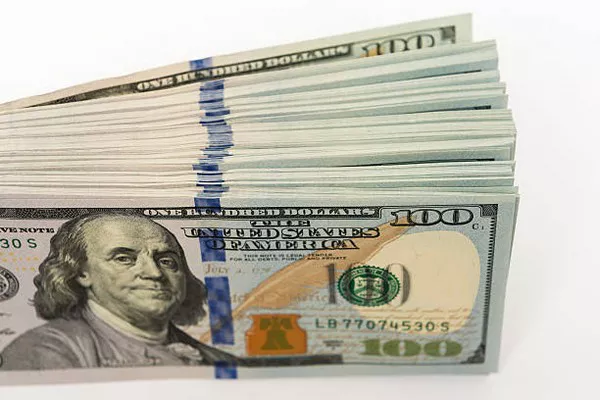In a world increasingly dominated by digital transactions, the humble one-dollar coin often finds itself overlooked. However, for those seeking a physical representation of currency or perhaps a collector’s item, obtaining one-dollar coins remains a viable option. Many individuals wonder if they can still acquire one-dollar coins at the bank, considering the prevalent use of paper currency and electronic payments. This article delves into the process of obtaining one-dollar coins from banks, exploring the availability, benefits, and potential reasons behind the desire for these coins.
The Evolution of Currency:
The United States has a rich history of currency evolution, from the barter system to the gold standard and the introduction of various coin denominations. Over the years, the one-dollar coin has undergone several design changes, with iconic figures like Susan B. Anthony, Sacagawea, and most recently, the Native American series featuring on the face of these coins.
Availability at Banks:
Obtaining one-dollar coins from banks can be a straightforward process, depending on your location and the bank’s policies. While one-dollar coins may not be as commonly circulated as their paper counterparts, many banks still carry them to cater to customer preferences and collector demands.
It’s advisable to contact your local bank branch beforehand to inquire about the availability of one-dollar coins. Smaller community banks and credit unions may be more likely to have these coins on hand, as they often cater to specific customer needs and preferences.
Ordering One-Dollar Coins:
If your bank does not have one-dollar coins readily available, you may have the option to place an order for them. Banks typically facilitate currency orders for customers, allowing you to specify the denominations and quantity you require. This process might take a few days, depending on the bank’s policies and their inventory.
Some banks may charge a nominal fee for ordering coins, especially if it involves a specific denomination or a large quantity. It’s essential to clarify any potential fees or restrictions with the bank representative when placing your order.
Benefits of Using One-Dollar Coins:
While one-dollar coins may not be as common in everyday transactions, they offer unique benefits that might appeal to certain individuals. Here are some advantages of using one-dollar coins:
Durability: Coins generally have a longer lifespan than paper currency, reducing the need for frequent replacements. One-dollar coins are more resistant to wear and tear, making them a durable form of currency.
Collector’s Value: Certain one-dollar coins, such as those featuring commemorative designs or limited editions, can hold collector’s value. For numismatists, acquiring these coins can be a fascinating hobby and potentially a valuable investment.
Unique Designs: The U.S. Mint periodically releases one-dollar coins with distinctive designs, celebrating historical events, cultural heritage, or iconic figures. Collecting these coins allows individuals to own a piece of history and appreciate the artistry of currency design.
Cost Savings: From a practical standpoint, one-dollar coins can result in cost savings for governments due to their longer lifespan. This can be an appealing factor for those interested in the economic and environmental aspects of currency production.
Reasons for Obtaining One-Dollar Coins:
Understanding the motivations behind acquiring one-dollar coins can shed light on the continued interest in physical currency. Some common reasons include:
Collection Purposes: Numismatists and coin collectors often seek out one-dollar coins to enhance their collections. The varied designs and historical significance of these coins make them attractive to those interested in the hobby.
Unique Gifts: One-dollar coins can serve as unique and thoughtful gifts for special occasions. Gifting a coin with a particular design or historical significance can add a personal touch to the gesture.
Educational Opportunities: One-dollar coins featuring educational themes or historical figures provide an excellent tool for learning about the nation’s history and culture. Parents and educators may find these coins valuable in teaching children about currency and its broader context.
See Also How Old Is The Us Dollar
Conclusion:
In conclusion, obtaining one-dollar coins at the bank is still a viable option for those interested in this unique form of currency. While one-dollar coins may not be as commonly circulated as paper currency, many banks continue to carry them and provide the option to order them upon request. Whether for collection purposes, as a unique gift, or to appreciate the durability and designs of coins, acquiring one-dollar coins can be a rewarding experience. As the world of currency continues to evolve, the enduring appeal of physical coins remains evident for those who appreciate the tangible and historical aspects of money.


